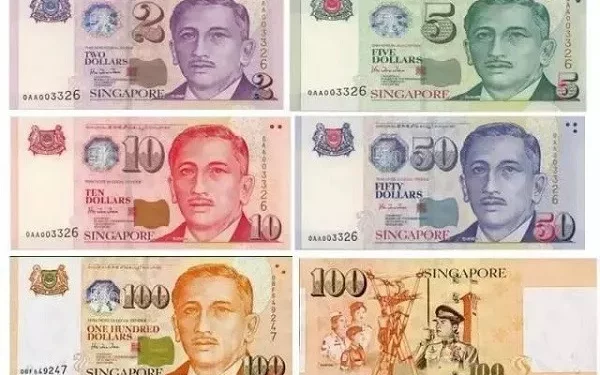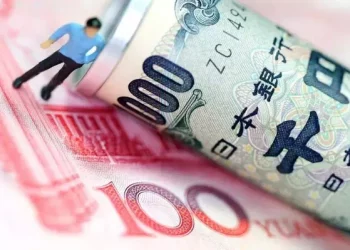In today’s globalized world, Singapore stands out as a bustling hub of commerce and tourism. With its rich cultural heritage and thriving economy, it’s no surprise that this city-state attracts people from all corners of the globe. For travelers and business professionals alike, understanding the currency used in Singapore is essential. In this comprehensive guide, we’ll delve into the intricacies of currency in Singapore, addressing the common questions and shedding light on essential aspects that you need to know.
1. The Official Currency: Singapore Dollar (SGD)
When it comes to currency in Singapore, the primary and official unit of exchange is the Singapore Dollar, abbreviated as SGD. The Monetary Authority of Singapore (MAS) is the country’s central bank, responsible for issuing and regulating the Singapore Dollar. SGD banknotes come in various denominations, including $2, $5, $10, $50, $100, and $1,000, while coins are available in 5, 10, 20, and 50 cents.
2. Singapore’s Commitment to Currency Stability
Singapore is renowned for its robust financial infrastructure and prudent monetary policies. The country has consistently focused on maintaining currency stability, ensuring that the Singapore Dollar remains reliable for both residents and international investors. The managed float regime adopted by the MAS means that the exchange rate is determined by market forces, with periodic interventions to prevent excessive volatility.
3. Currency Exchange: Where and How to Get SGD
For travelers, the question of obtaining Singapore Dollars is paramount. Fortunately, Singapore boasts an extensive network of currency exchange facilities. You can find licensed money changers at airports, shopping centers, and even in the heart of the city. Banks are also a reliable source for currency exchange, and ATMs are widely available for convenient withdrawals using your debit or credit card.
4. Accepted Currencies in Singapore
While SGD is the official currency, Singapore is a global city with a diverse population and a thriving tourism industry. As such, many establishments also accept major international currencies such as the US Dollar (USD), Euro (EUR), British Pound (GBP), and Japanese Yen (JPY). However, it’s essential to be aware that exchange rates offered for these currencies may not be as favorable as for SGD.
5. Dynamic Exchange Rates
Exchange rates in Singapore can fluctuate, and it’s crucial to stay updated with the latest rates to ensure you’re getting a fair deal. You can easily access this information online through reputable financial websites or by visiting currency exchange counters. It’s advisable to exchange your currency at established outlets to avoid potential scams or unfavorable rates.
6. Currency Exchange Tips and Recommendations
When exchanging your currency in Singapore, consider the following tips:
Compare rates: Before making any transactions, compare rates offered by different money changers or banks to secure the best deal.
Fees and commissions: Be aware of any fees or commissions imposed by the currency exchange service. Some providers may charge additional costs.
Timing matters: Keep an eye on the exchange rate trends. If you notice a favorable rate, consider exchanging your currency at that moment to maximize your value.
Currency conversion tools: Utilize mobile apps or online tools to track exchange rates in real-time, making informed decisions easier.
In conclusion, understanding currency in Singapore is vital for anyone planning to visit or do business in this vibrant city-state. The Singapore Dollar (SGD) is the official currency, and while other major currencies are widely accepted, it’s wise to exchange your money at reputable outlets to ensure a fair rate. Keep an eye on exchange rate trends and consider the tips provided to make the most of your currency exchange experience in Singapore. By following these guidelines, you’ll navigate the financial landscape of this thriving metropolis with confidence and ease.
Related Topics:
























